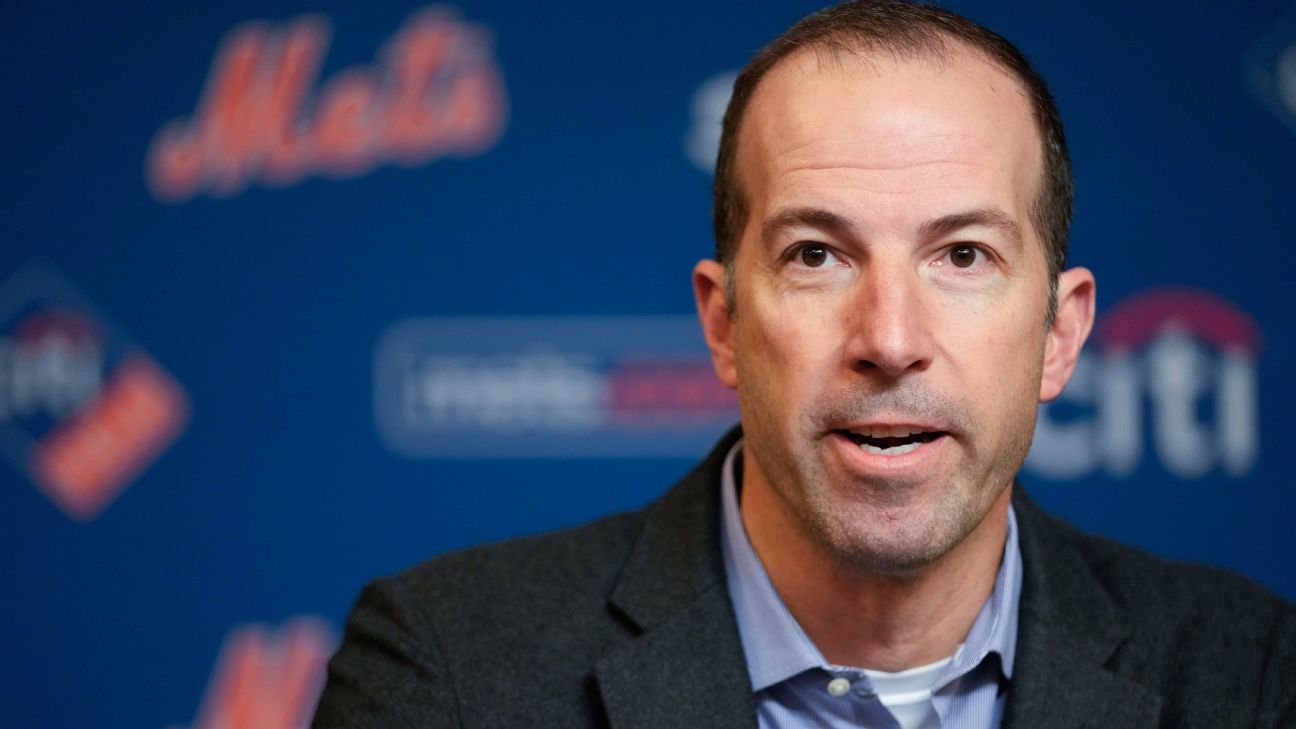
The elite orienteer discusses her route into the sport and its crossover with running
Cat Taylor started orienteering at the age of seven and made her GB debut in 2012, going on to achieve results including bronze at the European Championships and a win at a World Cup round.
After seven years of living and training in Sweden, the South Yorkshire Orienteers athlete now lives in Sheffield and combines training with work as a translator. In the spring and summer she is often on the road for camps and competitions and is currently on a training camp in Norway.
Ahead of August’s World Orienteering Championships in Norway and as part of World Orienteering Week, Taylor shares some insight into her sport and its crossover with running.
Athletics Weekly: What was your route into orienteering? Were you a runner, or an orienteer, first?
Cat Taylor: I’ve been orienteering since I was tiny, I was definitely an orienteer first! I did cross country at school, along with lots of other sports, and I was okay but never great. Of course I do a lot of running now but it’s all as training for orienteering. I run a few fell races and have done a couple of 10km on the roads (my best is 35:32) but it’s never been a main focus. I do enjoy racing any kind of running where I can fit it in but I always have quite a packed programme.
AW: What do you love most about orienteering?
CT: I first got hooked when I started running off the paths, just straight through the forest. It’s a great feeling of freedom. I also like that the physical and technical challenge is really different from place to place. A track is the same anywhere but for example a forest near Stockholm is a lot different to one near Madrid and to be consistently good at orienteering you have to be very adaptable.
AW: How do you prepare for major championships? Do you have an ‘average’ training week?
CT: At home I try to do a good mix of running training – a bit of everything on all surfaces – and consistent technique training. It means quite a bit of variety but I do have a consistent week plan. The toughest thing with this sport is that specific preparation for a championship means travelling to terrain and race in similar conditions to those you’ll face on the big day. You’re not allowed to run or even visit the area you will race in before you actually start but can get a good idea of the kind of challenge by training in the forests nearby. So this year I’m spending altogether about five weeks on World Championships training camps (near Oslo, Norway). All the travel can sometimes disrupt training but it’s a necessary compromise.
AW: Can you talk about the crossover between the two sports and the necessary skillsets?
CT: Once you’ve learned the basic navigation techniques you need to orienteer, it’s mainly about managing the balance between running quickly but still concentrating on navigation. The higher your aerobic threshold, the faster you can run without being in the “red zone” (where you need to concentrate hard on the running, meaning you can’t make decisions as well and risk getting lost!). My physical training works towards being as good an all-round runner as possible; you have to be strong up hills, down hills, in rough terrain, through marshes, over rocks and on flatter, fast surfaces.
The biggest difference for me is the feeling on the start line. Even in cross country you know exactly where the course will go, where it’s going to hurt, you can have a pretty exact plan for how to run each bit. In orienteering you can have very little idea of where you’ll be going until the clock starts, you pick up the map and run off. You’re also often alone all the way and have to be very good at pushing yourself and keeping positive, because it’s almost impossible to run completely without technical mistakes.
AW: What are your key 2019 targets in both running and orienteering?
CT: I’ve actually had a pretty rubbish time this last winter. I’ve been injured and doing a lot of alternative training but I’m still aiming to be back in top shape by August to fight for the very highest positions in the World Orienteering Championships (near Oslo, Norway). I’ve frustratingly had to reign in running plans while I recover but am gradually getting back into action. Because all the most important competitions this summer are in soft terrain I’ll not prioritise racing on the road or running much track at all, but I’ll hopefully have time for some local fell races in the coming months.
AW: What are you most proud of having achieved in your elite career so far?
CT: I’ve had a few good international results so far, including a win at a World Cup round and a bronze medal at the European Championships. I’m happy any time I feel like I’ve got the most from myself on an important day, it means that the project I’ve been working on for months or even more has been successful and it’s that feeling that makes all the pain and expense worthwhile!















 Phone: (800) 737. 6040
Phone: (800) 737. 6040 Fax: (800) 825 5558
Fax: (800) 825 5558 Website:
Website:  Email:
Email: 






